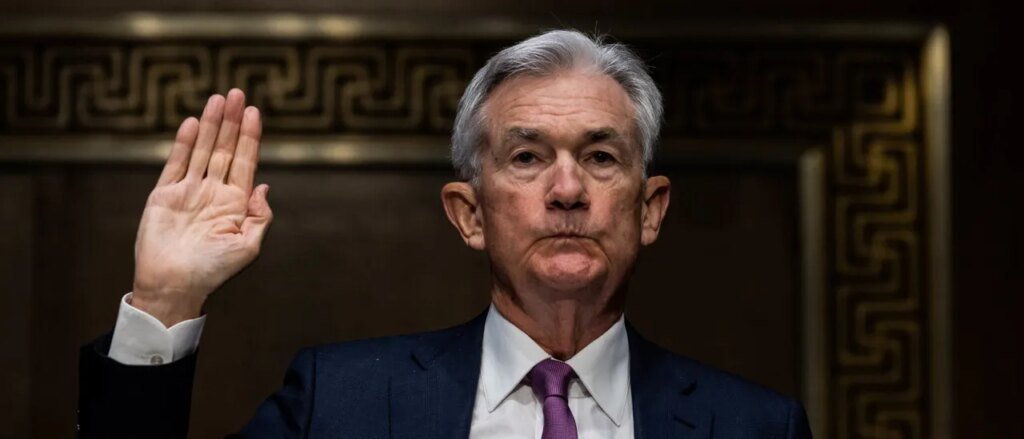Experts in economics and energy policy have criticized the Federal Reserve for not focusing on its primary goal of fighting inflation while aligning with the Biden administration’s green energy initiatives, according to insights shared with the Daily Call News Foundation.
Under Chairman Jerome Powell, the Federal Reserve has been scrutinized for allegedly mismanaging its responsibilities by adopting measures in line with President Biden’s climate goals. Looking back, Powell has stated that the Fed is not meant to act as “climate policymakers,” but he also acknowledged—at Biden’s urging—that the Fed would need to address economic risks posed by climate change. With inflation soaring to levels not seen in four decades, opinions vary on whether the Fed’s actions have adequately addressed this issue.
EJ Antoni, Chief Economist at the Heritage Foundation, remarked that after the last presidential election, the Fed seemingly abandoned its previous stance on green energy, suggesting that their lending policies had shifted due to perceived risks associated with fossil fuel projects in a changing climate.
Antoni contended that following Trump’s election, the Fed dismissed the green energy doctrine, highlighting the complications brought by Biden’s energy policies. The Fed joined a network of central banks focusing on integrating climate risk within financial systems, known as the NGFS, but Antoni believes their departure from such initiatives before Trump took office indicates a shift in priorities.
“They understood pretty quickly that they no longer needed to cater to extreme left agendas on energy,” Antoni stated. Recent comments from Trump regarding Powell hinted at possible dismissal, although Trump later suggested he might keep Powell on for the duration of his term.
When Biden had assured Americans in late 2021 about Powell’s dedication to addressing climate challenges, inflation already hit concerning levels. Critics argue that if the Fed hadn’t diverted its focus towards climate policy, it might have better managed inflationary pressures.
A spokesperson for the Fed pointed out that decisions about climate issues should be made by elected officials rather than by the Federal Reserve, reinforcing that the agency is not in the business of creating regulatory policies related to climate. Yet, Antoni argues that the Fed wields considerable regulatory influence, which inadvertently shapes the actions of the financial sector.
He likened the past governmental interference in the energy market to scenarios like the 2008 housing crisis, where regulators compelled financial entities to engage in risky lending. According to Antoni, the focus on renewable projects has resulted in a misallocation of funds away from more profitable energy sources.
Critics, including Sterling Burnett from the Heartland Institute, share the view that Powell’s engagement in climate matters signifies a troubling deviation from the Fed’s core mission, pointing out that the agency was originally intended to stabilize prices and promote employment.
Looking ahead, some believe that this focus on climate risks has not only contributed to inflation but also alienated environmental activists, who continue to demand stronger actions against fossil fuel interests. There’s a sense that Powell’s willingness to align with the administration’s climate agenda has led to economic consequences that were, perhaps, avoidable.
The NGFS has yet to respond to requests for comments regarding its initiatives.







